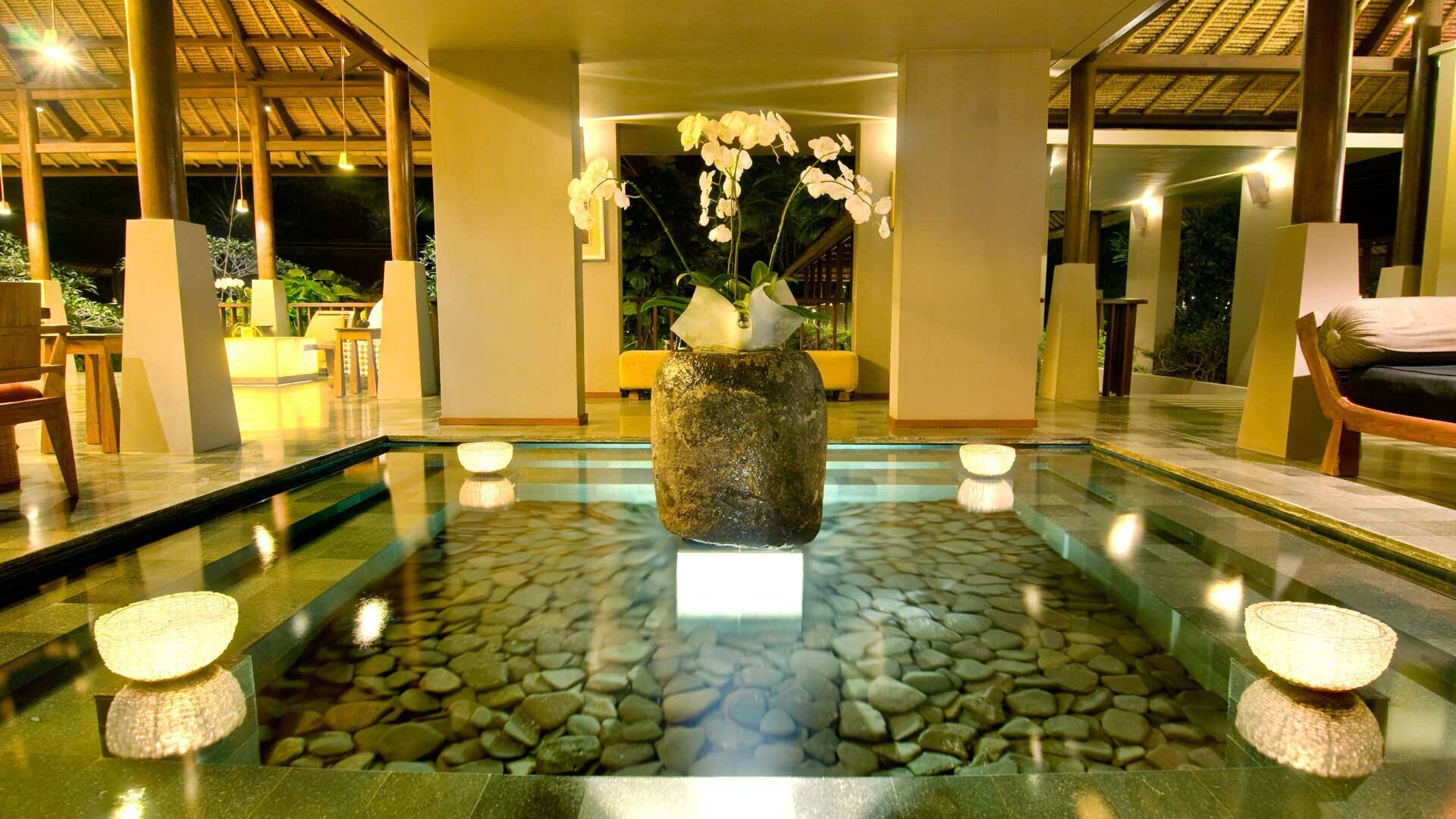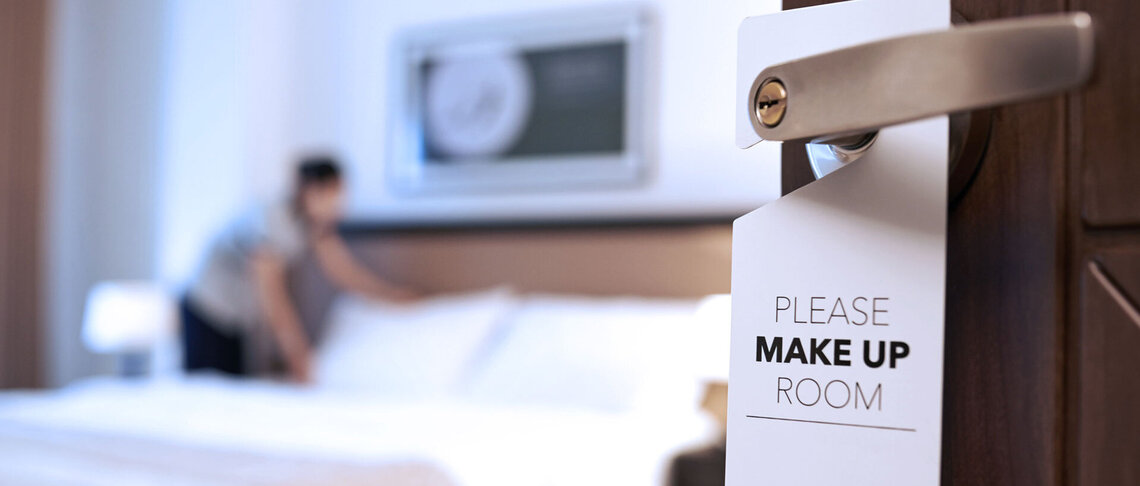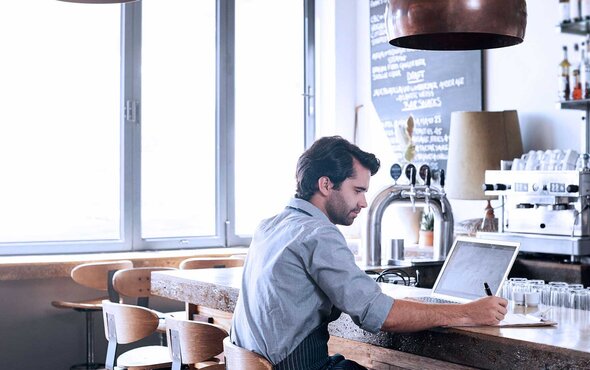Hotels are getting bigger and bigger, tasks and processes are getting more and more complicated. There's more paperwork, more stress and more money. What kind of hotelier can keep their cool amongst all of that? Bernd Reutemann can. He is a former hotel proprietor and knows the profession inside out. Now, he advises companies and prepares them for the future. He reveals 13 potential money pits to the MEIKO online magazine. In part 1, he gives us seven tips on housekeeping and record keeping.
Who is Bernd Reutemann? He trained as a chef, gained a degree in business administration and went on to become a business consultant. Along with his sister, Gerda Reutemann, he ran the Bischofschloss Mindness® Hotel in Markdorf (near Lake Constance) for 15 years. The siblings now manage Hogahelden industry consultancy and advise customers in the hotel and food service industries. Bernd Reutemann loves his job. And he's good at it: he was Baden-Württemberg Service Provider of the Year 2008, Conference Hotelier of the Year 2012 and a Top 100 Trainer in Germany for 2014. So many people have already benefited from his knowledge and experience, and today, we have that privilege.
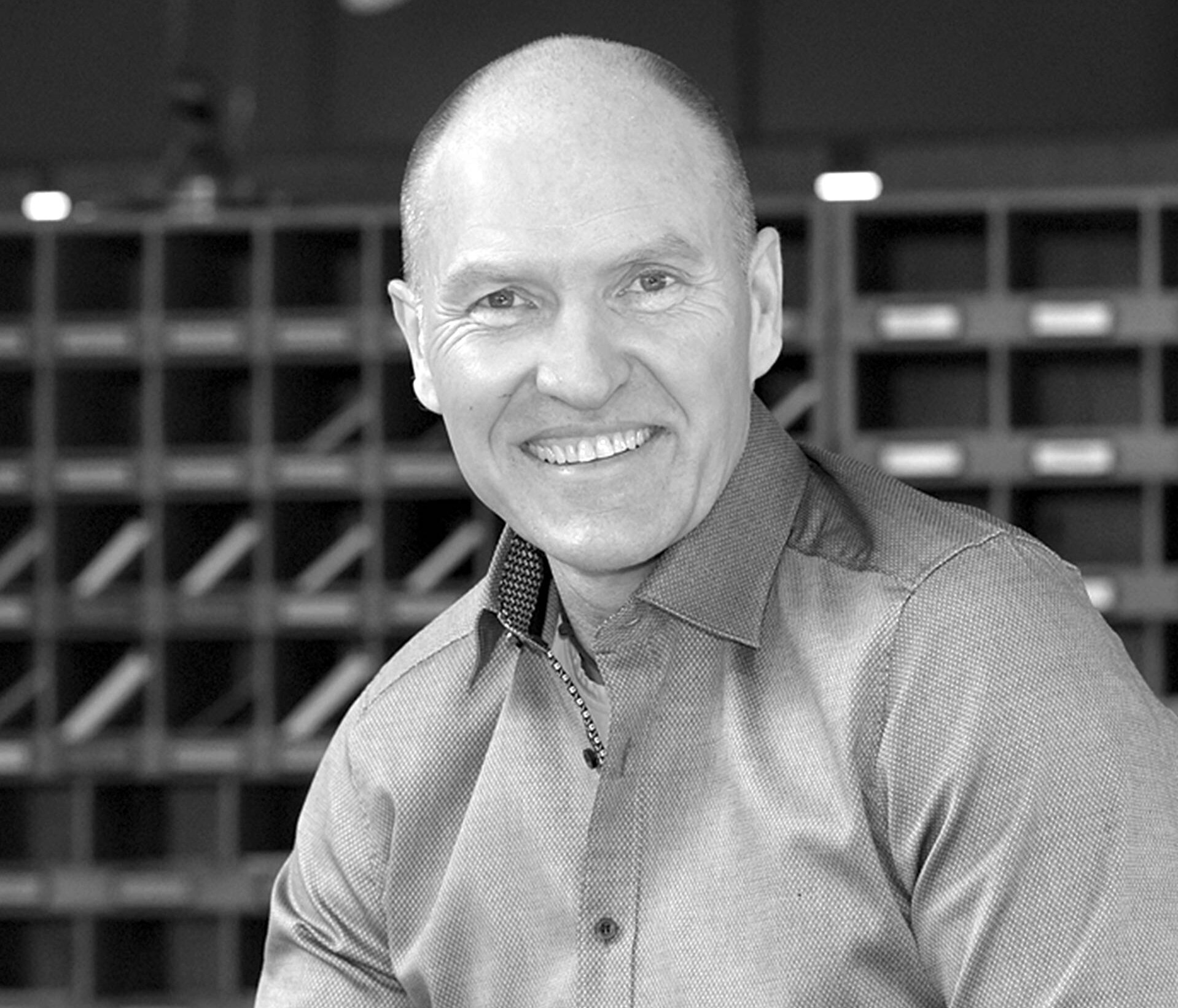
HOUSEKEEPING, KITCHEN CLEANING AND SPA AREAS
1. Bed linen and towels: a hotel which sleeps 80 guests creates around 42,000 kg of dirty washing every year. And it all has to be washed. If a single item weighing around 200 g is added to each load, that increases the cost per load by around €0.20 – that adds up to about €8,400 per year.
2. Surfaces on floors, walls and furniture: not all designs are easy to maintain. Each bed contains at least three decorative cushions. Each room contains a tea machine and a state-of-the-art coffee machine. But, while these are nice touches for the guests, hoteliers can easily forget the impact they have on the amount of cleaning required – they can mean that staff have to spend up to three more minutes cleaning each room.
3. To convert or to build new? Include your head housekeeper, or whoever will be responsible for your hotel housekeeping, in the planning stages. They are best placed to assess how to reduce the labour required in day-to-day workflows, e.g. by using easy-care materials or shortening journeys for staff using strategically placed storage rooms.
‘It's never too late to change things, even once business is up and running’
– Bernd Reutemann
4. Use a detergent dosing system: reduce costs and improve safety. You can clean and disinfect everything with just a few products. And the best part is that it's great value for money! The system is easy, intuitive and convenient to use. Your employees will no longer come into direct contact with the concentrates, reducing the risk of injury. Using a dosing system keeps costs down and improves safety for your staff.
PURCHASING AND ACCOUNTING: ‘DIGITAL SOLUTIONS SAVE TIME AND MONEY’
5. Digital ordering systems are the end of all those slips of paper. Having delivery services, items and terms saved on file will save time. Purchasing is no longer a free for all – there is maximum transparency using a centralised system.
6. Audits, checks and account assignments are stored digitally and are easy to view – no paper needed. This can reduce the cost of standard accounting by up to 80 %!
‘Use digital solutions – you will save time and money.’
– Bernd Reutemann
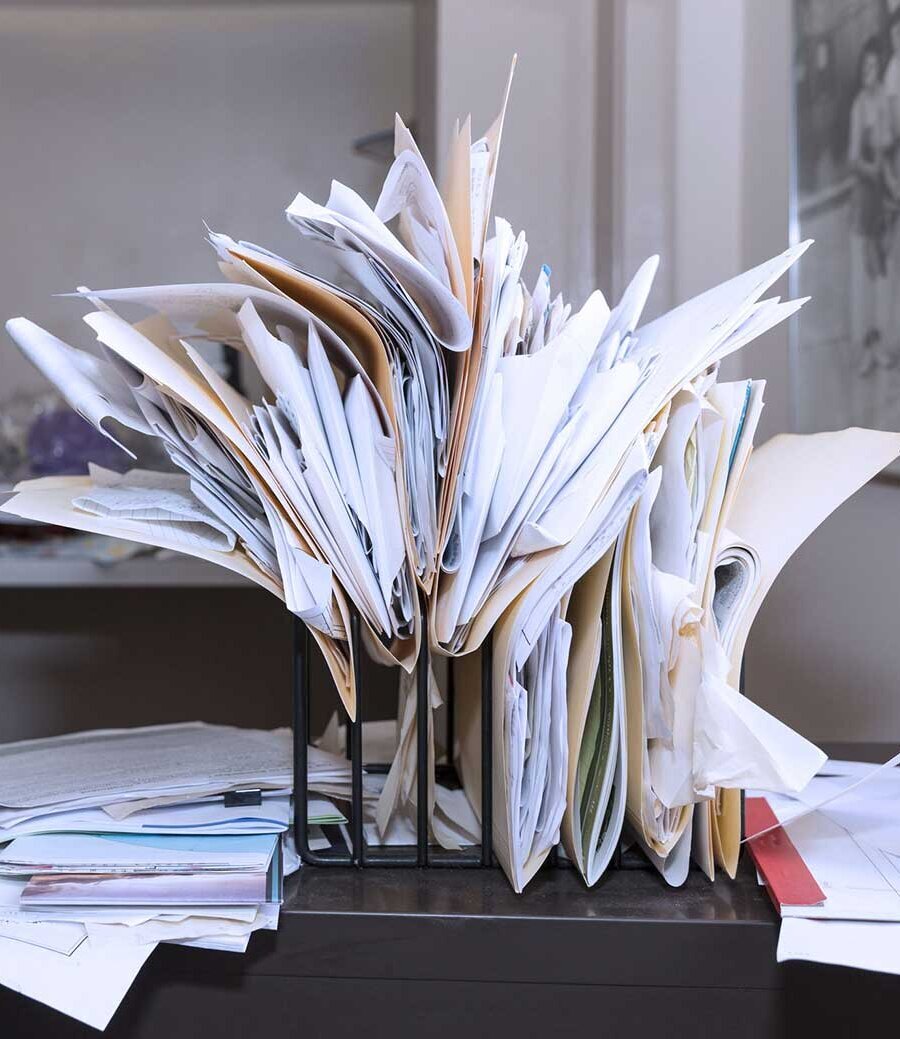
7. The problem: digital processes are not fully rolled out across the board. That leads to digitally generated account postings being printed out, accounts end up being collated by hand like they were 30 years ago and cold storage temperatures recorded on paper lists! Processes have to be viewed holistically and digitalised holistically. This is the only way to avoid gaps in the service chain and it is the only way to really save time and money.
Re-think your processes and adapt them. Involve your employees in the process. Take the pressure of your staff using digital and technological solutions. Take a holistic approach and pay attention to the details. Do all that and you'll easily save a few thousand euros a year.
